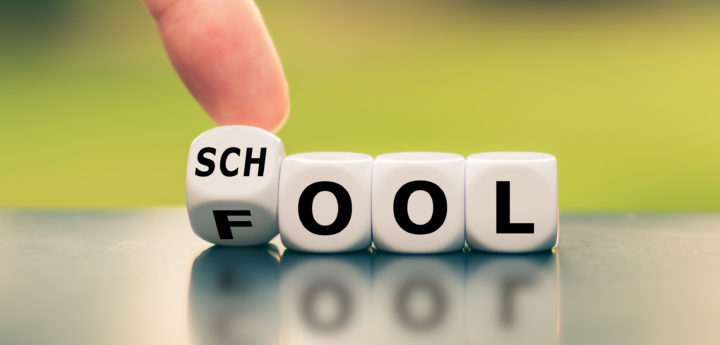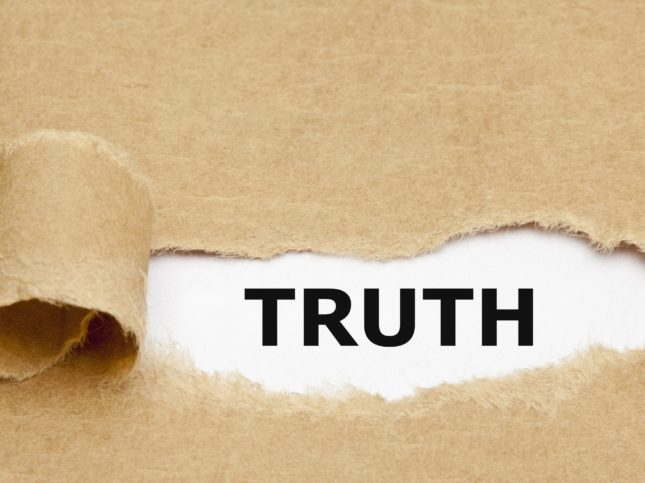Won’t Get Fooled Again
In my books and blogs, I try hard to ensure that what I write is backed up by evidence, and so I rely heavily on scientific papers, particularly those reporting the results of psychological studies. But, what if much of what I read is wrong?
That may be the case, according to Stuart Ritchie, in his new book, Science Fictions: How Fraud, Bias, Negligence and Hype Undermine the Search for Truth.
But Ritchie is not anti-science. Far from it. Think of his book as an intervention by a concerned family member, who only wants the best for science.
Much of what you read in the popular press about scientific “advances” is incorrect. That’s partly the fault of the media, but a large part of the blame rests on scientists themselves, and the way they react to a system that incentivizes poor scientific behavior and practice. It reminds me of what W. Edwards Deming said: “A bad system will beat a good person every time.”
“Every time” is surely an exaggeration when it comes to science, but the situation is bad enough. Researchers have failed to replicate about half of all studies in psychology. It makes depressing reading to learn that papers that I have cited in my books and blog posts are among these, including power posing, fixed v. growth mindset, marshmallow test. Other fields, while not as dire, show similar patterns, including economics, neuroscience, and biology.
How does it happen? Ritchie cites several reasons, but the most important is one that most of my readers will easily recognize. Scientists, like salespeople, are generally subject to a quota, except for them it’s about publishing papers rather than revenue. The number of papers published, the frequency with which they get cited in other papers, and the prestige of the journals they are in are measures that are used in tenure and grant decisions.
But as Goodhart’s Law states, “when a measure becomes the target it ceases to be a good measure.” Just as salespeople quickly figure out ways to game their system, it should not be a surprise that scientists do so as well. A few resort to outright fraud; some inadvertently or purposely let their bias affect the results they find and/or report; some make mistakes in their haste to publish; and the journals themselves and especially the popular press hype even modest results beyond what the results show.
What to do about it? Ritchie lays out a lot of ideas to reform the system. They seem sound, albeit perhaps a bit idealistic. I’m not a scientist myself, so I’m not sure I can credibly comment on his ideas. But as a consumer of science, I can focus on what I can do about it—and what you can do about it. It behooves me to be more critical and careful. For me, the most important section is the appendix, which has ten suggestions for how to read a scientific journal article. A lot of this I’ve known, but having a clearer picture of the scope of the problem will make me much more careful and skeptical in the future. I will take more care in reading individual studies and look to see if the results have been replicated elsewhere.
I can’t guarantee that I won’t get fooled again, but the authors are going to have to work a lot harder for that to happen!
Because what choice is there? In the end, even though it can be discouraging to read about the shortcomings of science, it’s important to paraphrase what Churchill said about democracy: “It’s the worst from of pursuing knowledge…except for all the others that have been tried.”




